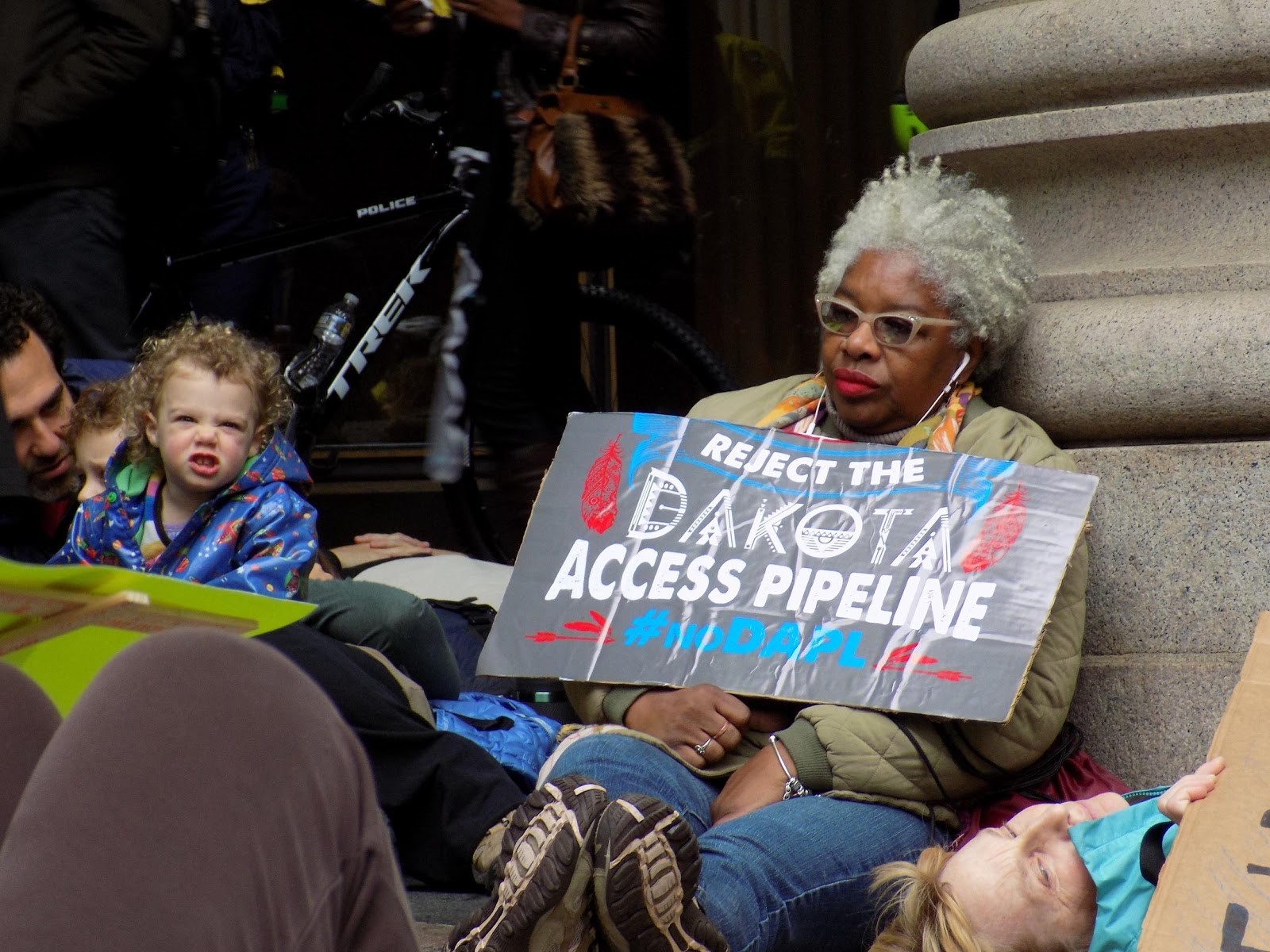By Kate Weiler, Staff Writer
Last week, I read an article that made me feel incredibly small. I felt powerless and hurt and confused, but mostly small. It has been five days, and I still cannot get it out of my mind. I am being brought to tears re-reading the piece and writing a response to it now. “The Admissions Office Doesn’t Care About Your Values,” a contribution to Swarthmore’s Daily Gazette, was an attempted attack on the capitalist tendencies of private institutions of higher education, a prevalent topic in the United States today, but it ultimately took aim at something else, something disturbing: students who receive financial aid to attend such institutions.
In case you have not read the article, the excerpt I take issue with is the following:
“Do I think mixing finances and admissions is fundamentally wrong? Absolutely not. Colleges are, at a basic level, private institutions that need to worry about their long term sustainability. Demonizing wealthy students is not productive because, in the end, they are paying not just for their own education but also for the education of their hyper-liberal classmates who resent the upper class at its core. Is this fair? No. But life isn’t fair. That’s reality. Stop whining and get over it. “Check your privilege” should be replaced with a warm “thank you so, so much for being forced to pay for my opportunity.””
Since its publication, countless members of the Tri-Co (Swarthmore, Haverford, and Bryn Mawr) community have expressed their disappointment and indignation with the content of the article and the fact that it was published by the highly regarded student newspaper. I myself was afraid to add my voice to the chorus of disapproval, and this is why this article is being published at this moment in time, and not sooner. I do not attend Swarthmore. I do not know the person who decided to put her views out there. I do not know her socioeconomic class or experiences. I am merely your average college student who made it to the institution I attend because of several different types of financial aid, who is currently being forced to combat a feeling of not belonging that this piece aggressively thrusts upon me.
The utter contempt that the above portion of the piece points at students who rely on financial aid to receive an education, whether from a state university or from a small liberal arts college like Swarthmore and Bryn Mawr, is disheartening. It reinforces a hierarchy based on socioeconomic class and demeans those who have put in the extra effort to apply for and receive financial aid. I was taken aback by the assumptions the author, as entitled to her opinions as we all are, made in her stark and insulting generalizations about me and those I care about.
I will be the first to acknowledge that having the opportunity to attend Bryn Mawr was a gift, one that I have already gotten a peek at my first few weeks here, and I thank my family, friends at home and at BMC, and teachers and professors, past and present, my high school, my home state, and the admissions office who gave the girl with the sub-par GPA from Massachusetts a shot, for getting me here. The list, for now, ends there. I will not thank those who are able to pay for the entirety of their college costs without financial help. I don’t resent these people, as the author of this article insinuates that all non-upper class people such as myself do. I respect these people so, so much. Their families have no doubt worked hard to get them where they are, and hard work is one of the most respectable entity out there, in my personal opinion.
I normally don’t even separate those like me from those who didn’t need to apply for financial aid. I have friends who need financial aid, and I have friends who do not. They’re all equally my friends. By implying that all students who are aid dependent have a beef with those of higher socioeconomic status, the author of this article creates a harsh divide between classes, one I have never recognized myself. She tells me that I secretly hate my friends, my peers, and a good percent of the world. By telling me that I should thank fellow students who have more money than I happen to possess for paying for my opportunity at a good education, she implies that I am not rightfully a student of the Tri-Co. According to her, I shouldn’t be here, in Pennsylvania, writing for this newspaper. That without these students who happen to be wealthier than I am, I would not have been accepted. Like my hard work and struggles mean virtually nothing. I know that this isn’t true.
I decided to speak up about this issue because I know for a fact that articles like “The Admissions Office Doesn’t Care About Your Values” can impact students’ emotional well-being, which is the last thing sleep-deprived, stressed out students need. It sure has affected my own health in the past week. I have already questioned my being here enough, with the rigor of the courses and the extreme intelligence of my peers and friends; three weeks in, I have already felt as though I might not cut it.
With the popularity of this article, I, as well as other students who have received financial aid from their institution, state, and high school, do not need the extra anxiety that comes with being told that we owe everything to those who could pay their way in college. While I respect her as a fellow student journalist, one who is very brave for putting her opinions in the public eye, this author cannot make me ashamed of something that I needed in order to be here today. She does not get to erase the hard work I put in in high school and will continue to put in for the rest of my career at Bryn Mawr. She is not allowed to blame my family, and families like mine, for the steep cost of higher education. She cannot take away my pride in being where I am, and she sure as hell is not going to scare me away from fighting for my right to an education. I deserve to be here. All Tri-Co students, whether he or she has financial aid or not, deserve to be here. We all deserve to study, laugh, have meaningful conversations, and eat as many slices of Haffner’s pizza as we want. We don’t need to apologize for being where we are, and nobody can make us.
From the print edition published on Oct. 5, 2016


